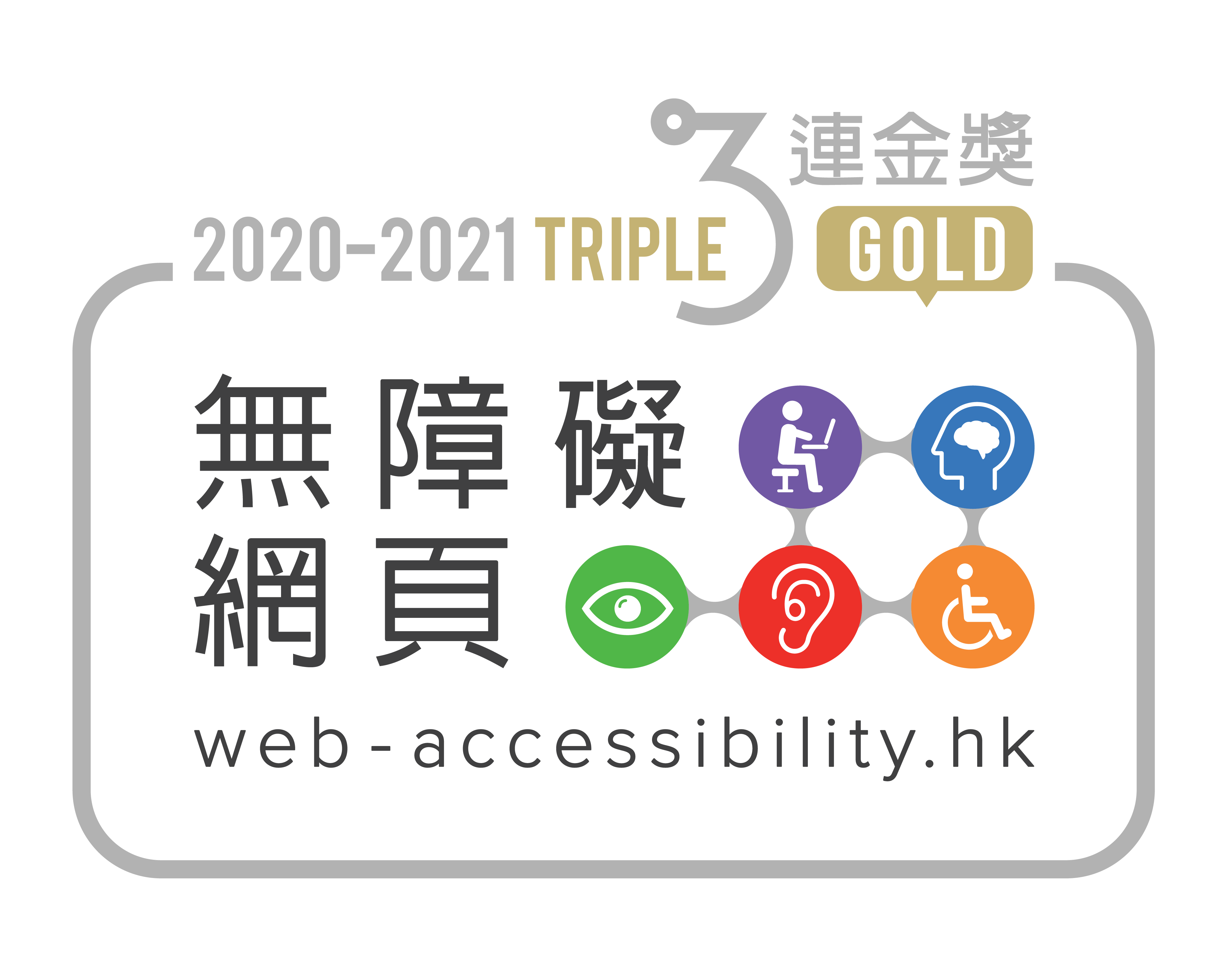CUHK
News Centre
Survey findings on views about political parties in Hong Kong released by Hong Kong Institute of Asia-Pacific Studies at CUHK
The Hong Kong Institute of Asia-Pacific Studies at The Chinese University of Hong Kong (CUHK) conducted a telephone survey from 18 to 27 July 2022 to gauge public views about the political parties in Hong Kong. The main findings are as follows:
The survey asked the respondents which political party or organisation they supported. 76.7% of the respondents claimed that they did not support any political parties or organisations in Hong Kong. The most supported political party or organisation was the Democratic Alliance for the Betterment and Progress of Hong Kong (4.2%), followed by the Democratic Party (3.0%), the Hong Kong Federation of Trade Unions (2.6%) and the Civic Party (1.4%). Generally, 8.8% of the respondents supported the pro-establishment political parties and organisations, while 5.8% supported the pan-democratic and localist political parties and organisations. 8.5% answered “don’t know/hard to say”. Compared with the results for November 2021, the proportion who “do not support any political parties or organisations” in 2022 increased by 15.2 percentage points, while those responding “don’t know/hard to say” decreased by 5.6 percentage points.
The survey indicated that Hong Kong people were partially satisfied with the performance of political parties and organisations in the two major political camps. When they were asked if they were satisfied with the performance of the pro-establishment political parties and organisations, 48.4% expressed their dissatisfaction, 30.7% answered “half-half” and 7.0% were satisfied. The statistical analysis (chi-square test) shows that the results for 2022 were statistically significantly different from those for 2021. The proportion satisfied in 2022 decreased by 6 percentage points, while that responding “don’t know/hard to say” in 2022 (13.9%) increased by 8.3 percentage points.
Moreover, 30.7% said they were dissatisfied with the performance of the pan-democratic and localist political parties and organisations, while 38.0% answered “half-half” and 8.5% were satisfied. The statistical analysis (chi-square test) shows that the results for 2022 were statistically significantly different from those for 2021. The proportion responding “half-half” in 2022 decreased by 7.5 percentage points, while that responding “don’t know/hard to say” (22.9%) increased by 7.8 percentage points.
The survey also listed some opinions on various functions and roles of Hong Kong political parties, with the respondents asked to indicate their degree of agreement with these opinions. When the respondents were asked if political parties in Hong Kong could effectively monitor the government, 45.5% disagreed, 10.3% agreed and 32.7% said “half-half”. 35.6% of the respondents disagreed that political parties in Hong Kong could represent the public’s range of views, while 9.6% agreed and 42.8% answered “half-half”. 29.1% of the respondents agreed that many policies could not proceed smoothly if political parties did not support the Hong Kong government, while 23.5% disagreed and 26.8% said “half-half”.
The statistical analysis (chi-square test) shows that there were statistically significant differences in the results of the three questions about functions and roles of political parties between 2021 and 2022. Firstly, the proportion of respondents agreeing that “political parties in Hong Kong can effectively monitor the government” in 2022 decreased by 8.2 percentage points, while that responding “half-half” increased by 4.7 percentage points. Secondly, the proportion of respondents agreeing that “political parties in Hong Kong can represent different views of the public” in 2022 decreased by 8.6 percentage points, while that responding “half-half” increased by 14.1 percentage points. Lastly, regarding the statement that “many policies could not proceed smoothly if political parties do not support the Hong Kong government”, the proportion responding “half-half” in 2022 decreased by 5.7 percentage points, while that saying “don’t know/hard to say” increased by 4.8 percent points.
In the current and past year’s surveys, the respondents were asked to assess the change in the effectiveness of the government after the non-establishment camp’s number of seats in the Legislative Council dropped significantly. In the current survey, 42.0% of respondents believed that the effectiveness of the government had not changed, 19.2% thought that it had increased and 25.7% felt that it had decreased. The statistical analysis (chi-square test) shows that the results for 2022 were statistically significantly different from those for 2021. The proportion responding “no change” in 2022 increased by 10.4 percentage points, while that saying “effectiveness has increased” fell by 5.2 percentage points.
When asked about their views on the performance of the current Legislative Council, 45.2% of the respondents indicated dissatisfaction, while 34.3% answered “half-half”. Only 9.4% said they were satisfied with its performance.
Lastly, 34.4% of the respondents said that they were dissatisfied with the current political environment, while 40.6% answered “half-half” and 13.4% were satisfied.
The survey employed a dual-frame sampling design that included both landline and mobile phone numbers. A total of 702 respondents aged 18 or above (landline: 338; mobile: 364) were successfully interviewed, with response rates of 25.5% (landline) and 25.9% (mobile). The sampling error is estimated at plus or minus 3.70 percentage points at a 95% confidence level. Weighting of survey data was based on the probability of the respondents being selected via dual-frame sampling design and relevant age-sex distribution of the population published by the Census and Statistics Department.
